More than 240 Jewish studies scholars have signed a public statement that warns against the threat to minorities posed by the election of Donald Trump.
In the letter, originally published on the Jewish Journal’s website on Nov. 15, the historians decried “repeated anti-Semitic expressions and insinuations” that surfaced during the presidential campaign, particularly directed against journalists.
“Our reading of the past impels us to resist any attempts to place a vulnerable group in the crosshairs of nativist racism,” the scholars noted. “It is our duty to come to their aid and to resist the degradation of rights that Mr. Trump’s rhetoric has provoked.”
Since it was published, readers shared the letter 13,000 times on Facebook and viewed it online almost 40,000 times, making it the Journal’s most read article that week.
David Biale, Jewish history professor at UC Davis, wrote the statement, and Hasia Diner at New York University and David N. Myers at UCLA edited it. On Nov. 11, they began circulating the letter.
“All of a sudden, as American Jews we have to face a new reality, an onslaught of hate and racism,” said Biale, who came up with the idea while lunching with Diner in New York. “I said, ‘Don’t you think people in the field should make a statement?’ ”
The letter gained signatories by word of mouth, Myers told the Journal. At first, Diner and Biale reached out to a half-dozen historians, each of whom then sent it to another 10 or so colleagues with the instructions to share it widely.
“You couldn’t get those 250 people to agree on anything, but this really struck a deep, deep chord,” Myers said.
Myers felt obligated by his historical perspective to speak out on Trump’s campaign and election, which, he said, “transgressed the norms of etiquette, good behavior and rhetorical reasonable mindedness.”
“Whatever purchase we had on this question came not on virtue of being Jews but on being experts in Jewish history and understanding what the costs of group stigmatization were,” he said.
Myers said the news coming out of the president-elect’s transition have lent credence to the scholars’ concerns, such as his cabinet appointments and talk of a registry for Muslims.
“I don’t think we’re overreacting at all,” he said. “And if people say, ‘Well, wait for his first decisions,’ we have, and it’s cause for more concerns.”
Historian Marc Dollinger of San Francisco State University said he usually believes it’s inappropriate to sign petitions or bring politics into his classroom.
“This broke the rule,” he said. “I’m doing this because I have an obligation as a Jewish-American historian to bear witness as this primary source historical document is created before me.”






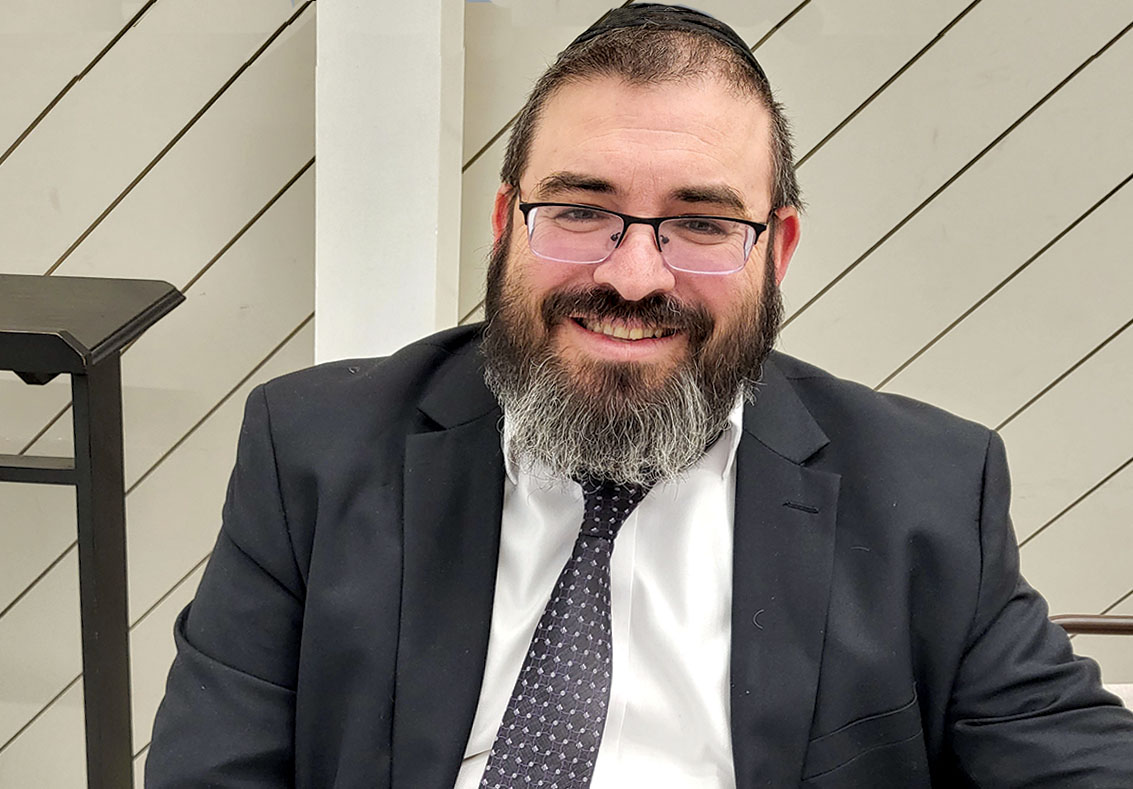
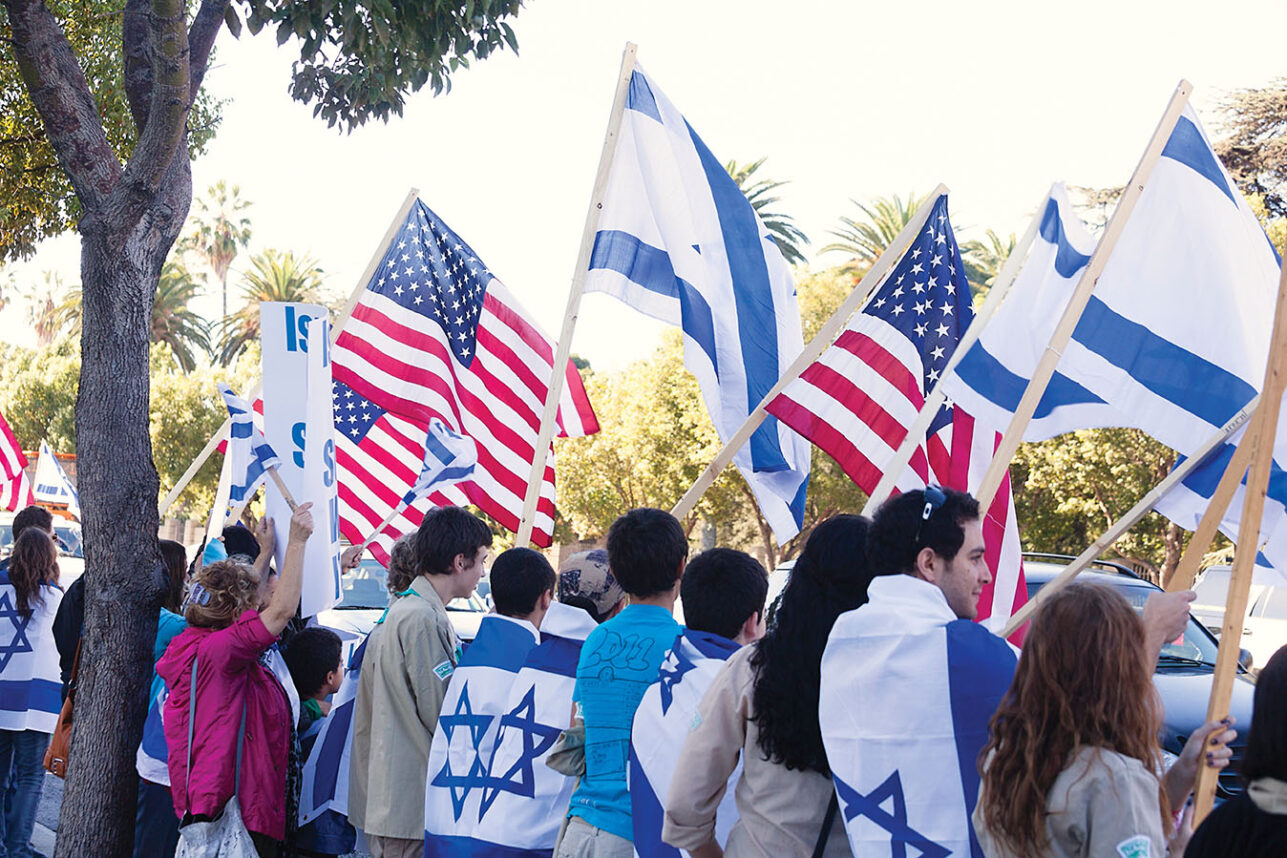
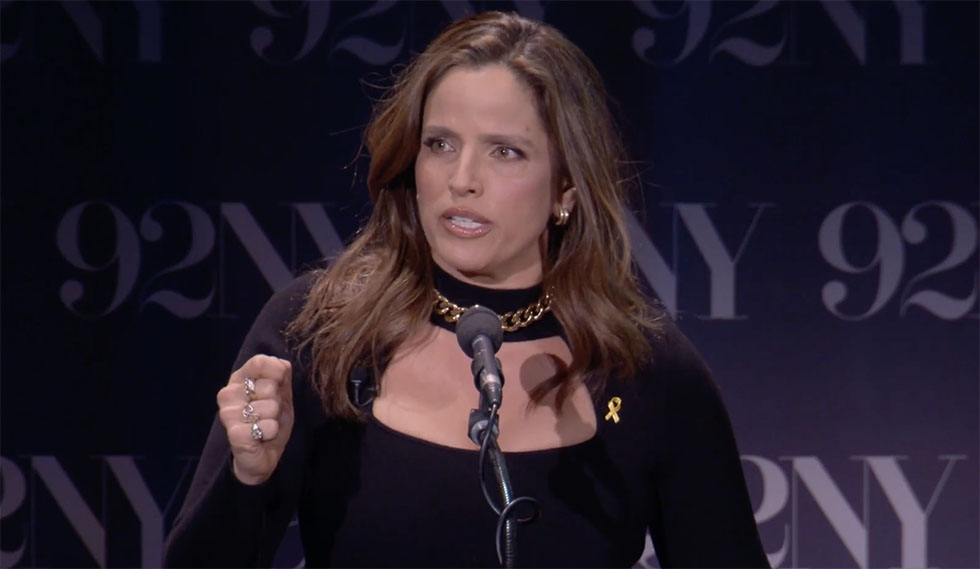



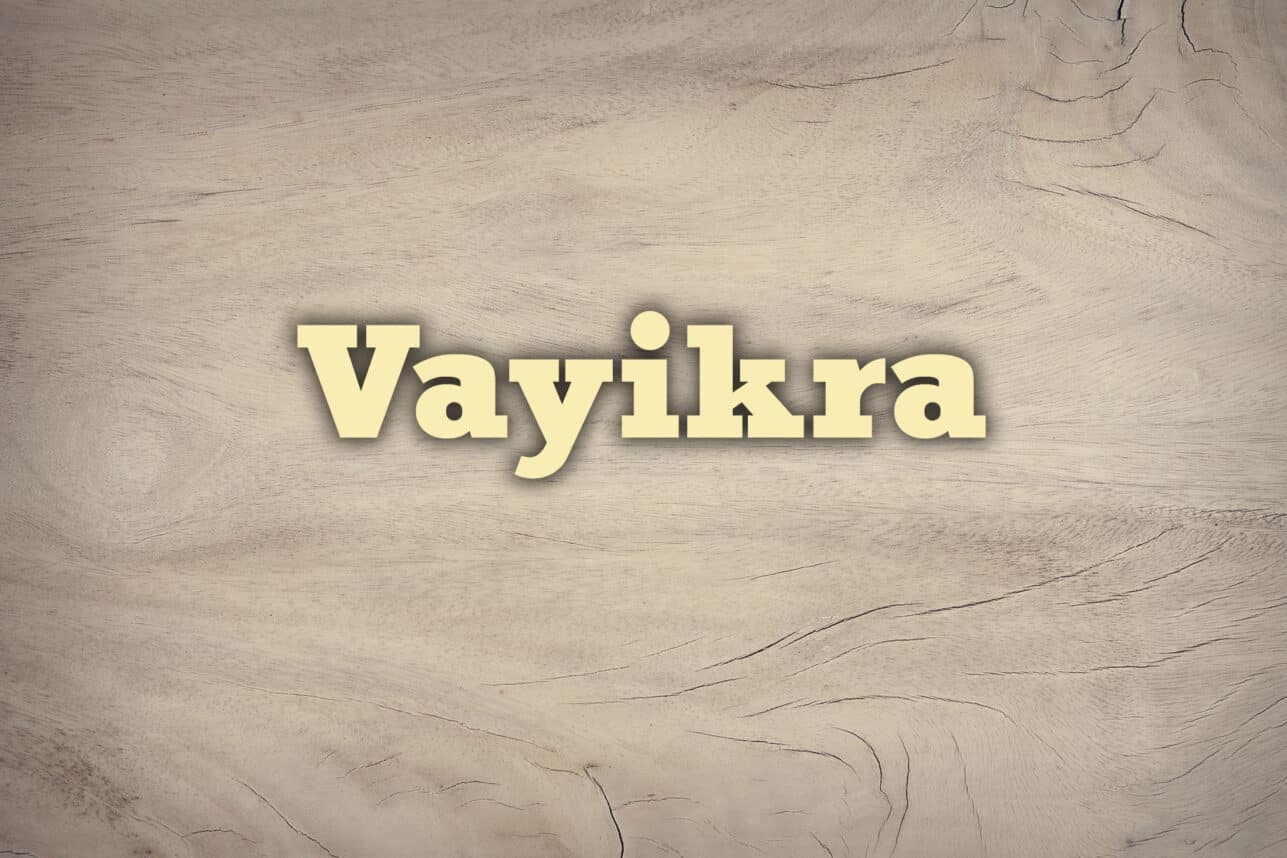



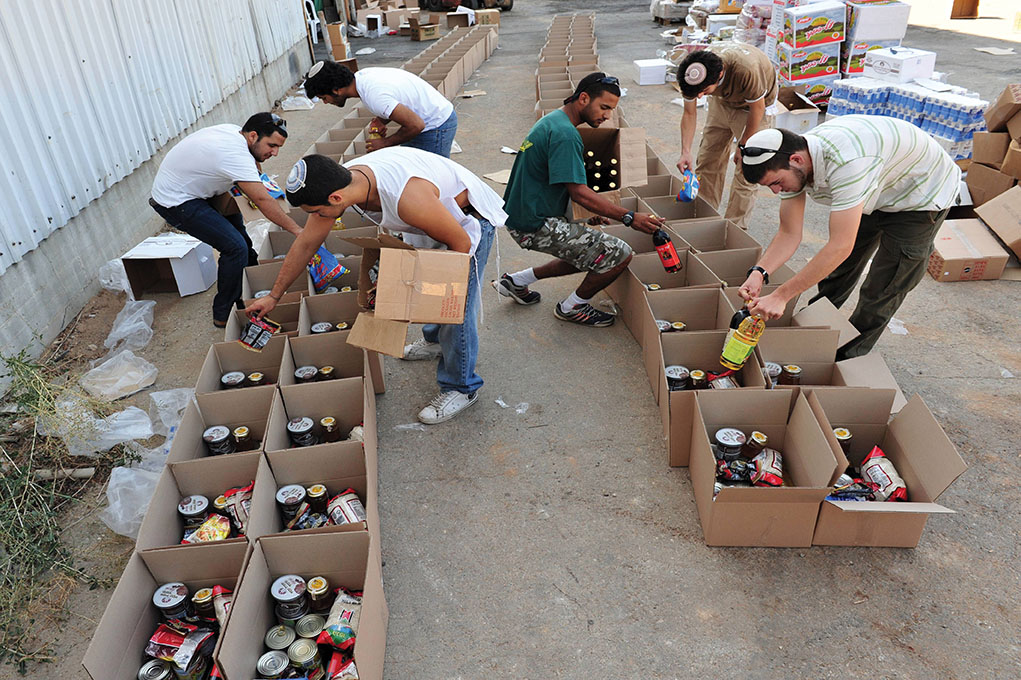






 More news and opinions than at a Shabbat dinner, right in your inbox.
More news and opinions than at a Shabbat dinner, right in your inbox.